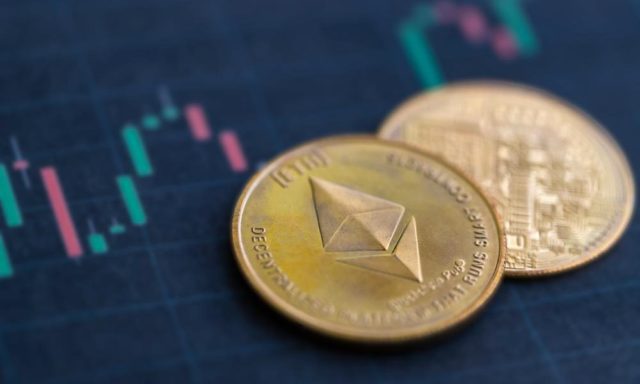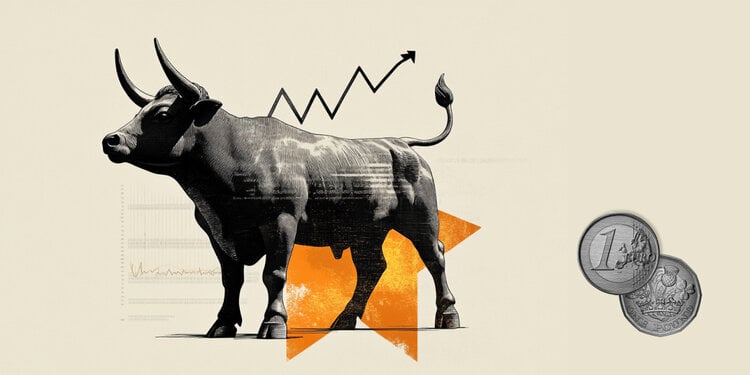Kri-Kri dairy industry increased its turnover by 6.8% to € 134.60 million compared to € 125.98 million in 2020.
Gross profit amounted to € 41.17 million compared to € 40.43 million in 2020, while EBITDA operating profit amounted to € 20.96 million compared to € 22.25 million in 2020.
Profit before tax amounted to € 16.53 million, compared to € 18.39 million in 2020, while finally, net profit after tax amounted to € 13.21 million compared to € 15.84 million in 2020 .
In the Greek ice cream market, sales in the year 2021 amounted to € 23.43 million from € 20.70 million (increase + 13.1%). This strong recovery was mainly due to the lifting of restrictive measures taken as a result of the pandemic, combined with the strengthening of tourist flows from abroad. The development of our digital distribution also played an important role with the addition of 1,025 new points of sale as well as the launch of the new Master Rich ice cream line. The Kri Kri brand is ranked in the 2nd position of the Greek ice cream market, with a share in volume of 15.0% (NIELSEN data December 2021).
In the Greek yogurt market, our sales show a decrease of -0.8%. This performance is attributed on the one hand to the contraction of the market (-3.4% in value) and on the other hand to the commercial movements of the competition. To strengthen our position, we are expanding our product range to address a wider consumer base, with the recent example of strengthening the functional yogurt category. At the same time, with advertising campaigns and targeted promotions, we mobilize consumers to strengthen our market share. The market share of KRI-KRI yogurts amounted to 16.3% (2020: 16.1%) maintaining the 2nd market position [στοιχεία IRI σε αξία, Δεκέμβριος 2021].
Abroad, yogurt sales continue with almost double-digit growth (increase + 9.8%). The total value of yogurt exports reaches € 54.7 million, accounting for 52% of dairy activity.
The current global energy crisis has a multifaceted impact on the Company’s cost base. First, in a direct way, increasing the cost of electricity and gas consumption, which are used in the production process. In the year 2021, energy expenditures accounted for about 2.8% of total expenditures. It also indirectly increases transport and distribution costs. In the fiscal year 2021, these expenditures accounted for approximately 5.3% of total expenditures. Most importantly, however, it has a catalytic effect on shaping and maintaining a highly inflationary environment. In our case, there is a significant increase in the cost of production of raw milk, and consequently its price. This is explained by the increase in the price of fertilizers which affected the cost of agricultural feed production. Also, the prices of plastic, which is a basic packaging material, have increased significantly.
Regarding the investment activity, in 2021 the investments in fixed equipment and buildings reached € 10 million. Most of these investments, amounting to € 6 million, concern the construction of a wastewater treatment plant, from which biogas is produced and then electricity energy. This is a project with a significant environmental footprint, which demonstrates the special awareness of the Company in matters of environmental protection.
The management of KRI-KRI maintains a cautious attitude regarding the situation and developments in the economic environment. The inflationary environment has also affected our basic input costs. More specifically, the costs of our basic raw materials, such as raw cow’s milk, and of course energy costs and transport costs have increased significantly. From this development, our profit margins are estimated to be pressed, despite the passing of part of our cost increase, to the selling prices of products.
According to current data, the Management estimates that in the year 2022 an increase in total sales could be achieved with a high single digit percentage. At the same time, operating profit margins are expected to decline due to inflationary pressures on materials prices. The magnitude of the decline in profit margins will depend on the degree and time of de-escalation of the cost of our basic raw materials.
Regarding the dividend policy, the Board of Directors proposes to the Ordinary General Meeting of shareholders the distribution of a dividend, for the year 2021, of a gross amount of € 0.20 per share (2020: € 0.20 per share). This distribution is subject to the approval of the Ordinary General Meeting of shareholders.
Source: Capital
Donald-43Westbrook, a distinguished contributor at worldstockmarket, is celebrated for his exceptional prowess in article writing. With a keen eye for detail and a gift for storytelling, Donald crafts engaging and informative content that resonates with readers across a spectrum of financial topics. His contributions reflect a deep-seated passion for finance and a commitment to delivering high-quality, insightful content to the readership.







